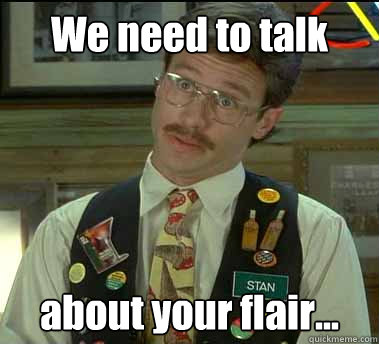
Spring Hill, FL will be home to our newest facility, adding over 120 new jobs to the region.
…Throughout the process, representatives of Leggett & Platt stressed their desire to hire from the local labor force and source suppliers within 100 miles of the facility. “When a company like Leggett & Platt moves into Pasco County, it is a huge event,” said John Hagen, president and CEO of the EDC. “The company’s pledge to source materials and services from regional companies as well as provide well-paying jobs to area residents will have a positive economic impact, not only on Pasco County, but in the Tampa Bay region as a whole.”
Read the rest of the Suncoast News article >
New facility Also mentioned in the Tampa Bay Times >













